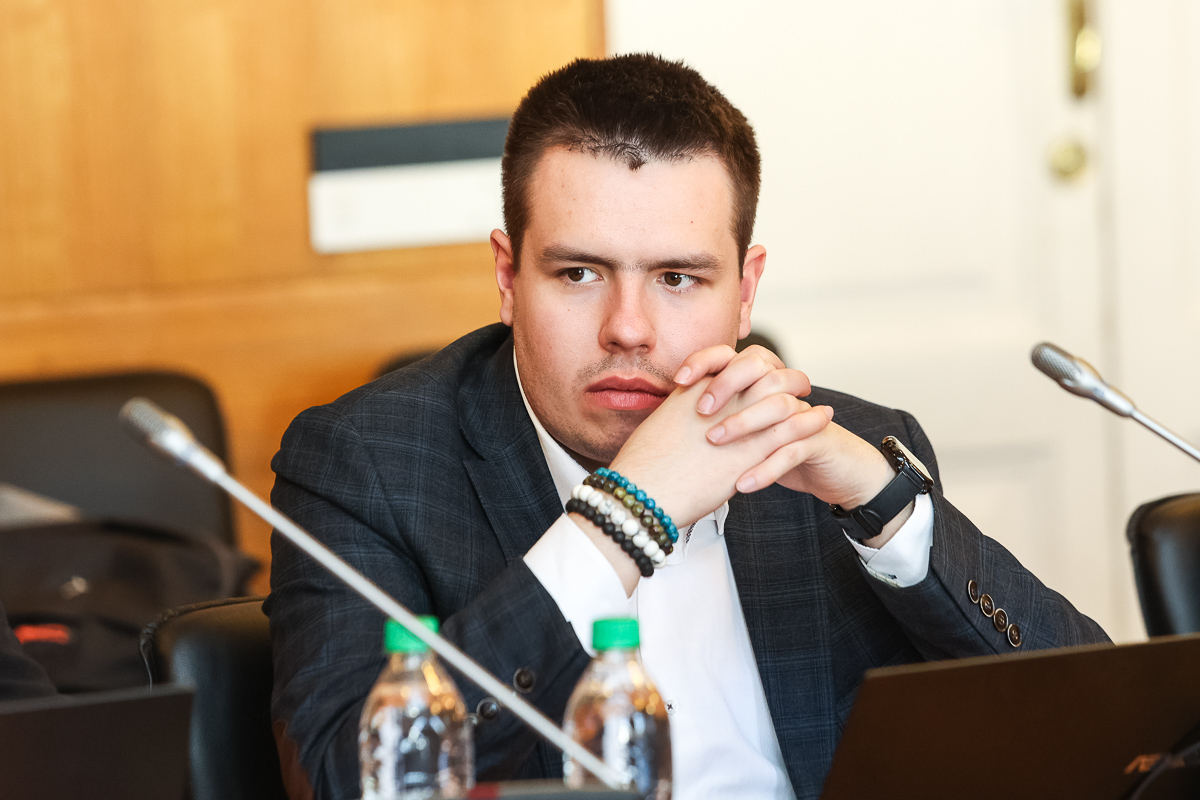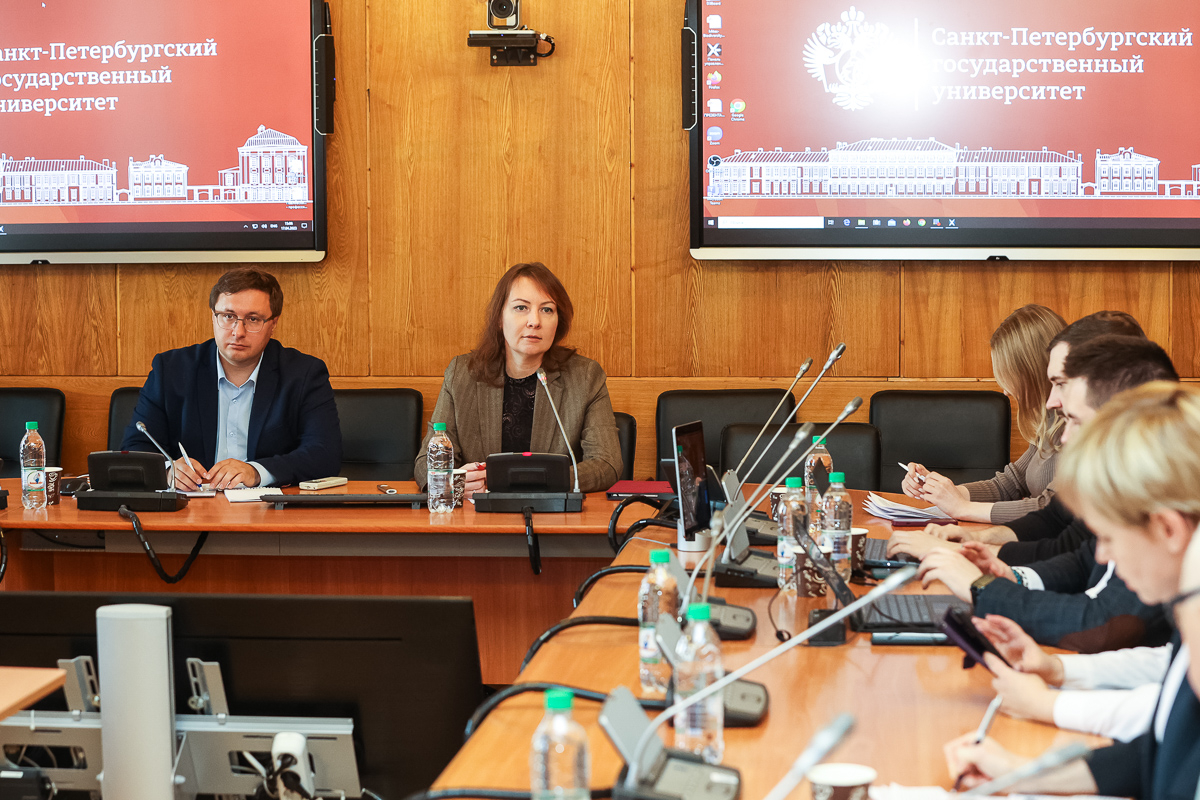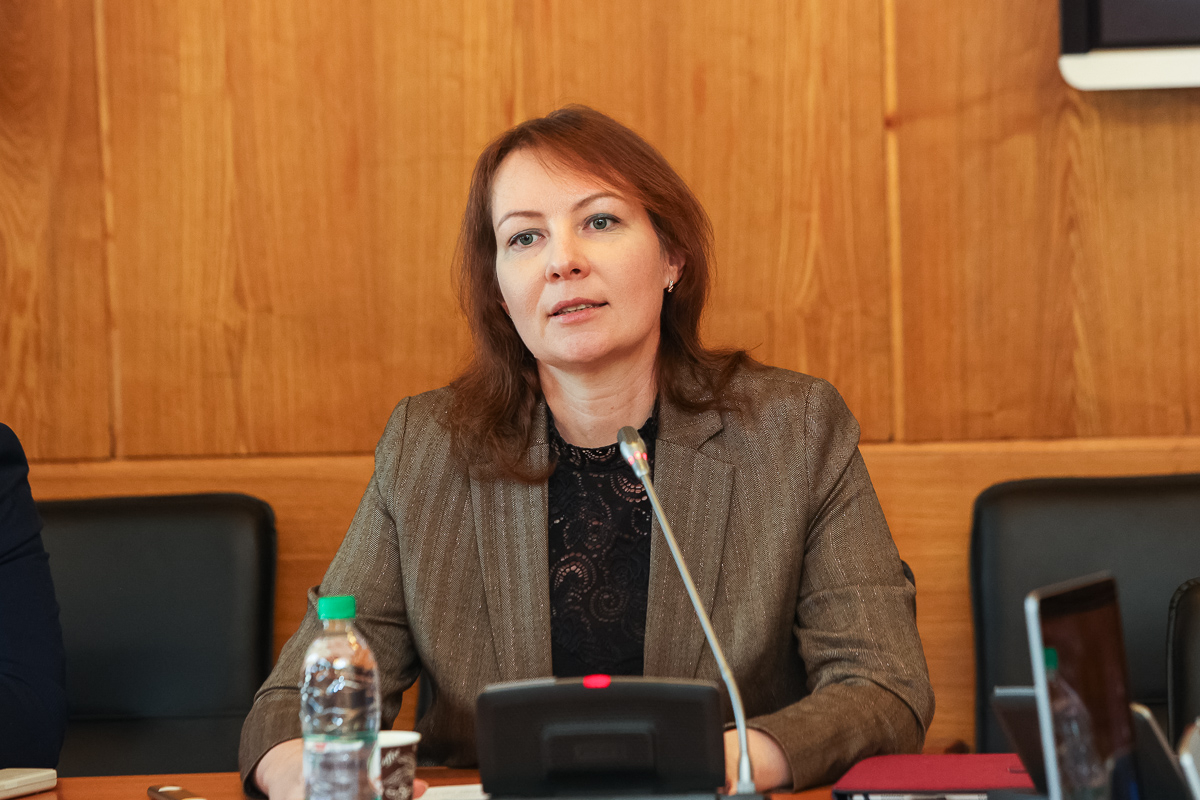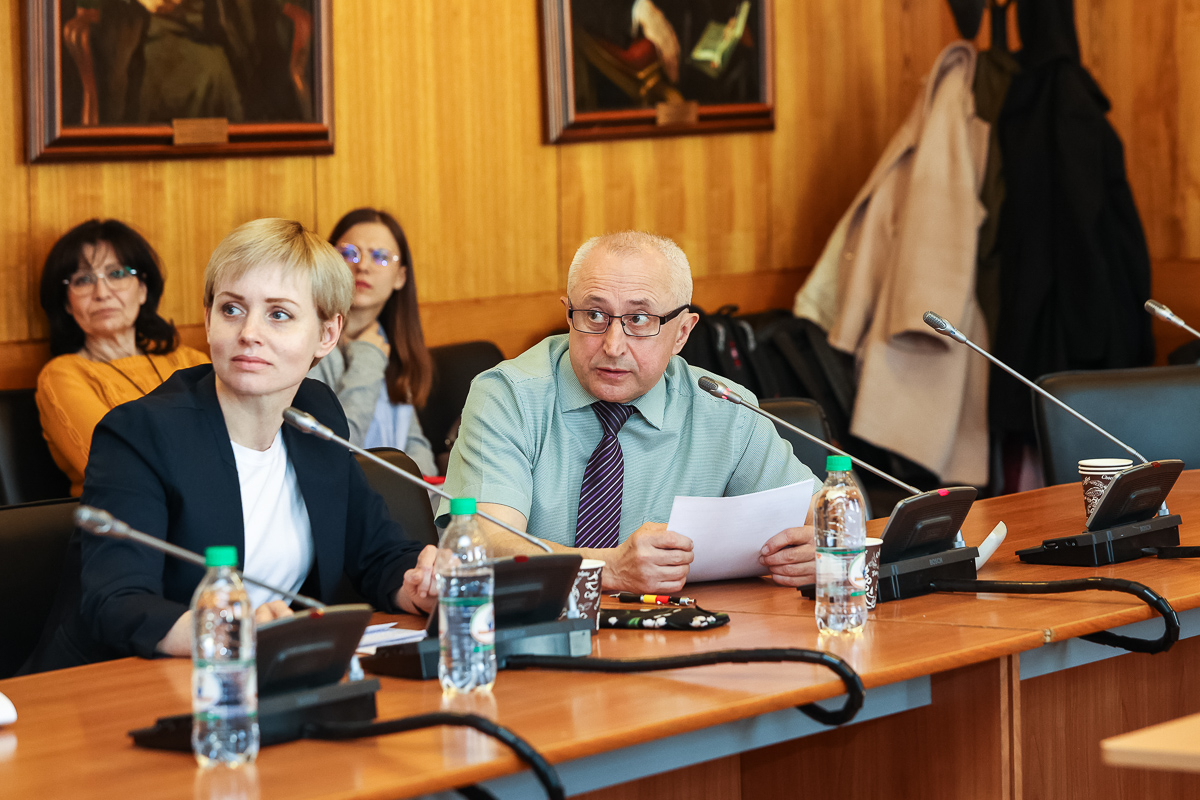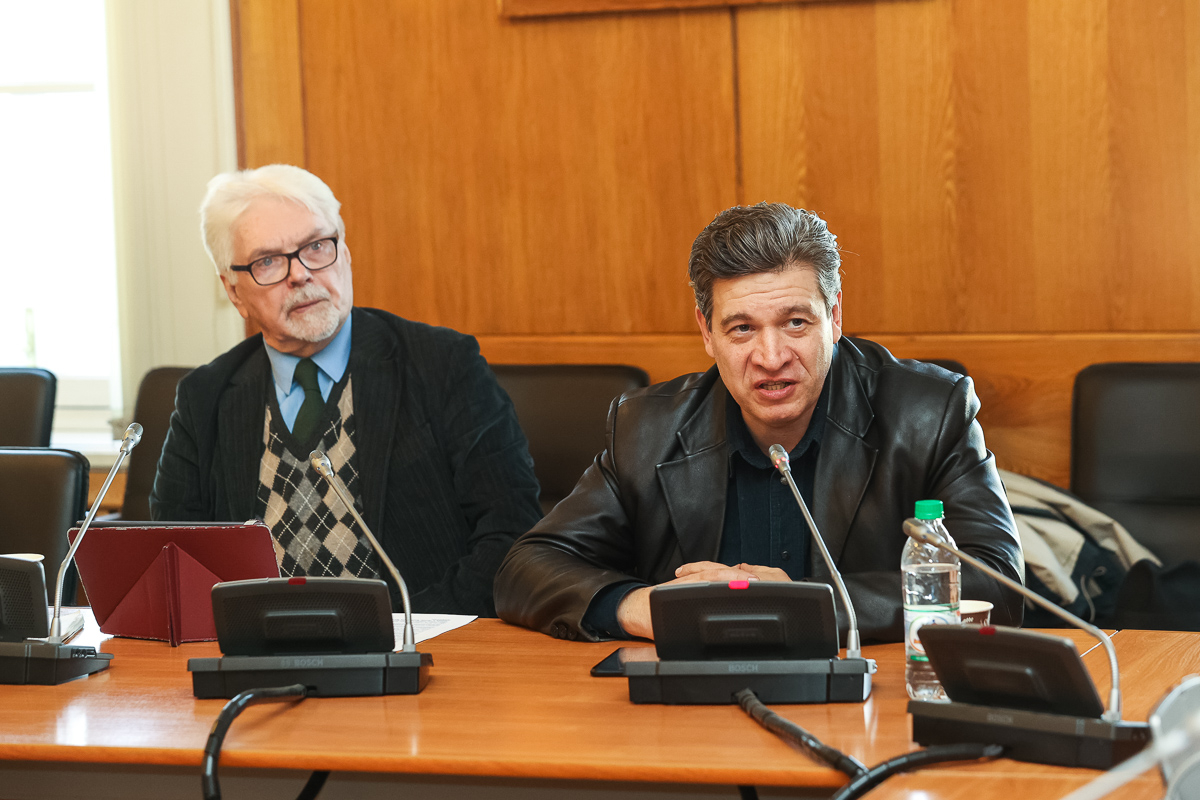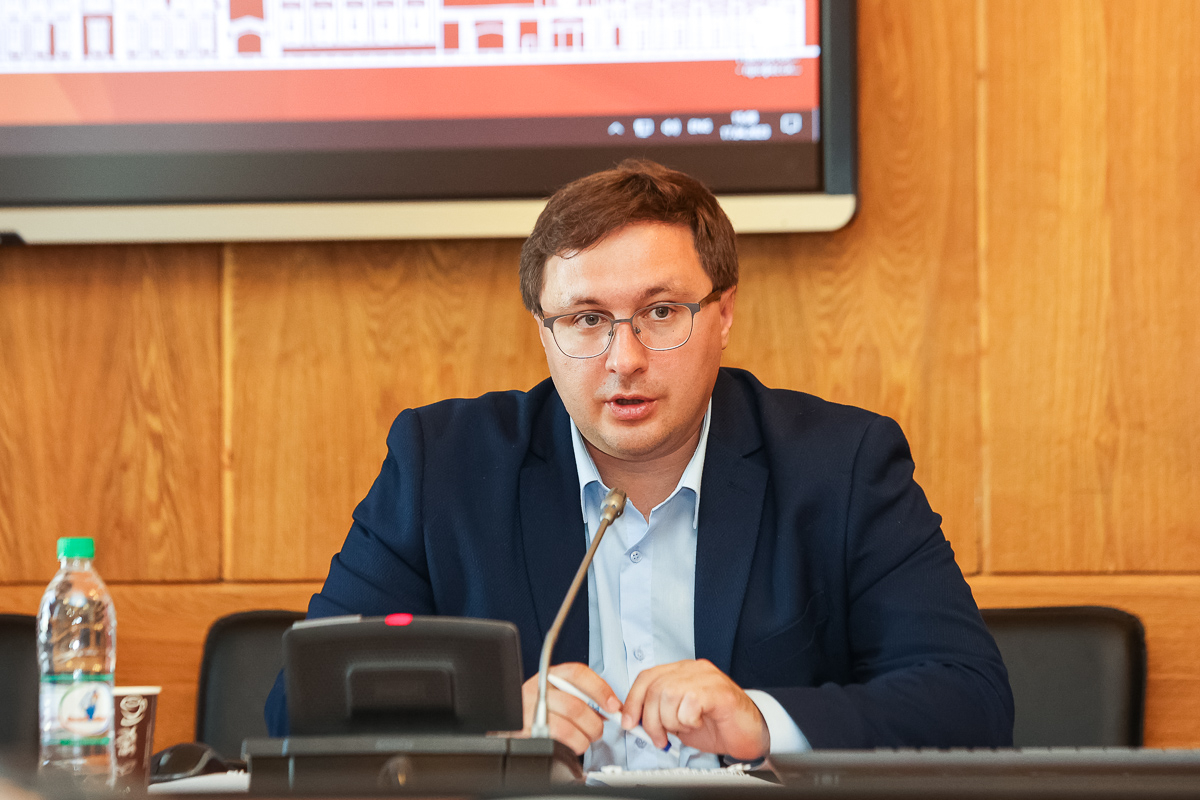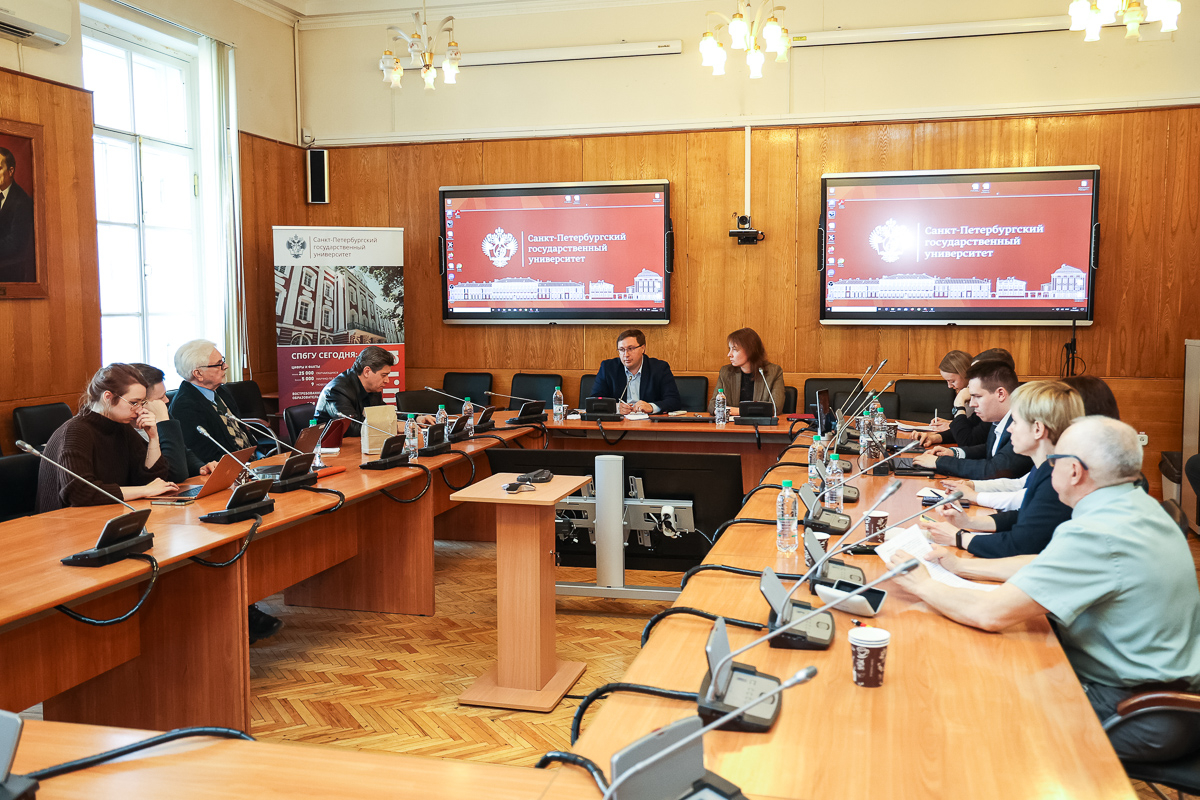"Game on six regional boards": upcoming elections in Turkey discussed at St Petersburg University
St Petersburg University has hosted a roundtable discussion "Elections in Turkey and Regional Security", organised by the Centre for Contemporary Turkish Studies and Russia-Turkey Relations at St Petersburg University together with the Institute of Scientific Information for Social Sciences of the Russian Academy of Sciences (INION RAN). The experts have discussed the current political situation in Turkey and the Middle East region, as well as the prospects for its development in view of the changing geopolitical environment.
Having developed rapidly in recent decades, Turkey today proclaims itself as one of the centres of the global political system. Vladimir Avatkov, Head of the Department of Middle and Post-Soviet East at the Institute of Scientific Information for Social Sciences of the Russian Academy of Sciences (INION RAN), spoke about President Erdoğan’s manifesto ‘The world is bigger than five’. ‘In essence, Turkey suggests reconsidering the entire system of international relations. The President of Turkey expressed his objection to the current structure of the United Nations, proposing a rotating membership system of the UN Security Council. This is a challenge to the United Nations system as a whole,’ Vladimir Avatkov explained. Turkey seeks to become an internationally important energy, trade, economic, and educational hub. This is one of the reasons why the country is trying to take advantage of its ties with the West, promoting closer interactions with the East, and developing relations with Russia.
Presidential elections in the Republic of Turkey are scheduled to take place on 14 May 2023.
Turkey already plays a unique role in the Eurasian security system and has the opportunity to actively influence the situation in such regions as: North Africa; Eastern Europe; the Caucasus; Central Asia; the Middle East; and Southeast Asia. Professor Vladimir Kolotov, Director of the Ho Chi Minh Institute at St Petersburg University and Head of the Department of History of the Far East Countries at St Petersburg University, believes that Turkey exercises influence over its neighbourhood. It often destabilises the situation, while avoiding the return wave of instability to its own territory. ‘In my view, the Turks show the highest level of the game on six regional boards in terms of risk management strategies in the field of security,’ underlined Professor Kolotov.
Natalia Mikheeva, Associate Professor in the Department of Regional Policy and Political Geography at St Petersburg University, spoke about Turkey in the security system of the Eastern Mediterranean. This region holds a historically established important place in the system of international relations. The discovery of significant fossil energy sources in the Eastern Mediterranean enables coastal countries to develop new deposits or to be part of prospective transit routes.
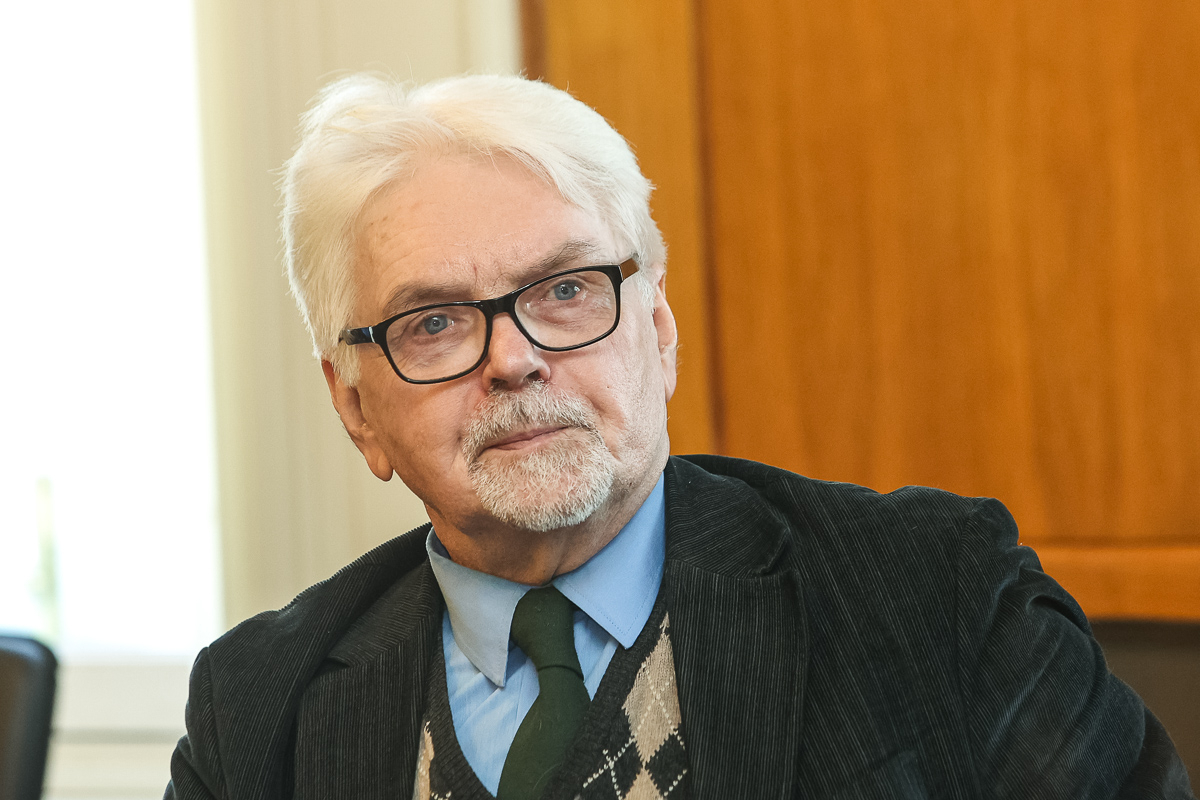
Russia is a major factor that influences Turkey’s foreign policy. Nikolai Diakov, Head of the Department of History of the Middle East Countries and Professor Emeritus at St Petersburg University, delivered a key-note presentation on this topic.
The interaction between our two nations is in many respects a determining factor for the future of international politics and international relations.
Nikolai Diakov, Head of the Department of History of the Middle East Countries and Professor Emeritus at St Petersburg University
The economic factor may indeed play a significant role in the outcome of the forthcoming elections. The topic of the economy of contemporary Turkey was addressed by Professor Sergei Belozerov, Head of the Department of Risk Management and Insurance at St Petersburg University, and Elena Sokolovskaia, Leading Research Associate in the Laboratory of Asian Economic Studies and Associate Professor in the Department of Risk Management and Insurance at St Petersburg University. The researchers looked into several sectors that affect Turkey’s economic security. For example, due to economic problems in recent years, the country’s political leadership was forced not only to implement various reforms, but also to take other steps, including reshuffles in the leadership.
The results of the roundtable discussion were summarised by Professor Apollinariia Avrutina, Director of the Centre for Contemporary Turkish Studies and Russia-Turkey Relations at St Petersburg University. She focused on the Turkic factor in the light of the Russian Federation’s foreign policy and the work of neo-Panturkist cultural communities in particular. ‘Russia, as the country with the largest Turkic population in the world in terms of the number of Turkic peoples living on our territory, can fairly and equally compete in this matter with Turkey, which is the largest Turkic state in terms of the number of Turkic-speaking population. It is disappointing to observe that we have missed the opportunity in a certain sense: we could have and should develop Turkic projects based on the Altai kinship,’ Professor Avrutina stressed. ‘I am convinced that we should be more proactive in this direction and develop good-neighbourly and friendly relations with the Republic of Turkey and, of course, with our closest neighbours and long-time friends — with the countries of Central Asia. After all, the Altai mountains is the original homeland of the Turkic world: this should be remembered,’ Professor Avrutina concluded.


